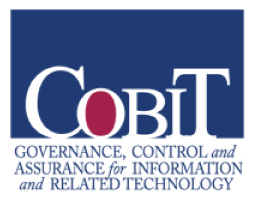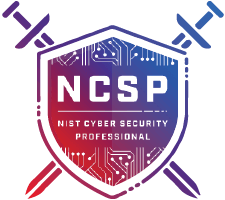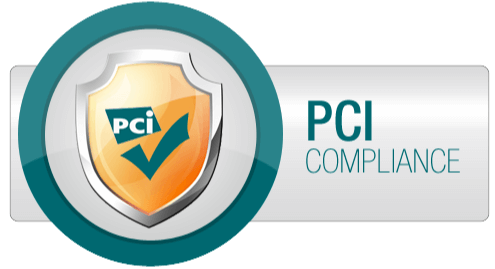The role of a paraprofessional is heavily dependent on the needs of each student, and as such, their duties are ever changing. Some of the most important changes to highlight are the fluctuations in student behavior and performance that many paraprofessionals encounter. This is significantly heightened in school environments where paraprofessionals support students with disabilities and those who exhibit challenging behaviors.
To meet these challenges, it is important for paraprofessionals to learn and apply behavior analytic skills in their work. Applied Behavior Analysis (ABA) is an effective and commonly used approach for special education and inclusive models for students with Individualized Education Programs. It used as a means to apply interventions that help to significantly improve and impact behavior. Learning how to use it successfully can help paraprofessionals remediate disruptive behaviors, provide new learning opportunities for students and assist teachers in helping students build the skills necessary to meet their IEP goals.
In addition to managing student behavior, there are a number of additional skills paraprofessionals must master. These include:
- Implementing behavior intervention plans
- Using effective reinforcement to assist students
- Using prompts after instructional stimulus
- Using prompt-fading strategies
- Implementing evidence-based instruction
- Accurately recording student progress
- Providing maintenance and generalization opportunities
- Providing opportunities to build communication and social skills
Despite promise in the profession, many paraprofessionals who encounter issues on the job struggle to find adequate training for the skills they must possess. Many convey they are not adequately trained or prepared to take on the responsibilities that are required of their position.
Paraprofessionals also report that they are often left alone with students to make important decisions and act independently, despite federal mandates that require paraprofessionals to work under the supervision of a certified teacher. This discomfort is illuminated when paraprofessionals receive professional learning opportunities from sources that are lacking in cohesion and comprehensiveness.
Creating opportunities for paraprofessionals
Paraprofessionals can positively influence student achievement and the classroom environment when they are provided with adequate training and professional support.
This type of support means granting more opportunities for paraprofessionals to grow professionally and learn skills they can use to benefit their students and their schools. Like any job, career growth provides motivation for engagement and learning. Once basic skills are acquired through relevant training, paraprofessionals should be given the opportunity to advance their skills and advance in their career.
Here are two ways that paraprofessionals can experience high-quality professional development:
Registered Behavior Technician training
The Registered Behavior Technician (RBT) credential from the Behavior Analyst Certification Board (BACB) is for paraprofessionals who wish to demonstrate competency in behavior analysis under the supervision of a certified behavior analyst.
Acquiring the credential requires 40 hours of instruction in behavior analysis, demonstration of these skills in an observation conducted by a certified behavior analyst and a competency exam. Certification also improves the confidence of administrators and parents that students are receiving quality services from paraprofessionals.
On-demand training
On-demand training provides opportunity to learn the necessary skills with flexible scheduling. On-demand professional development in conjunction with strong coaching and leadership leads to a higher quality in instructional support. On-demand training is delivered in a number of different forms, including video modeling, video self-modeling, didactic instruction via video, narrated PowerPoint presentations and assigned readings.
Training includes learning assessments for those receiving training and requires teachers and administrators to monitor the progress of those engaged in training. On-demand professional development is also convenient and it can increase confidence, reduce costs and decrease time needed for training.





